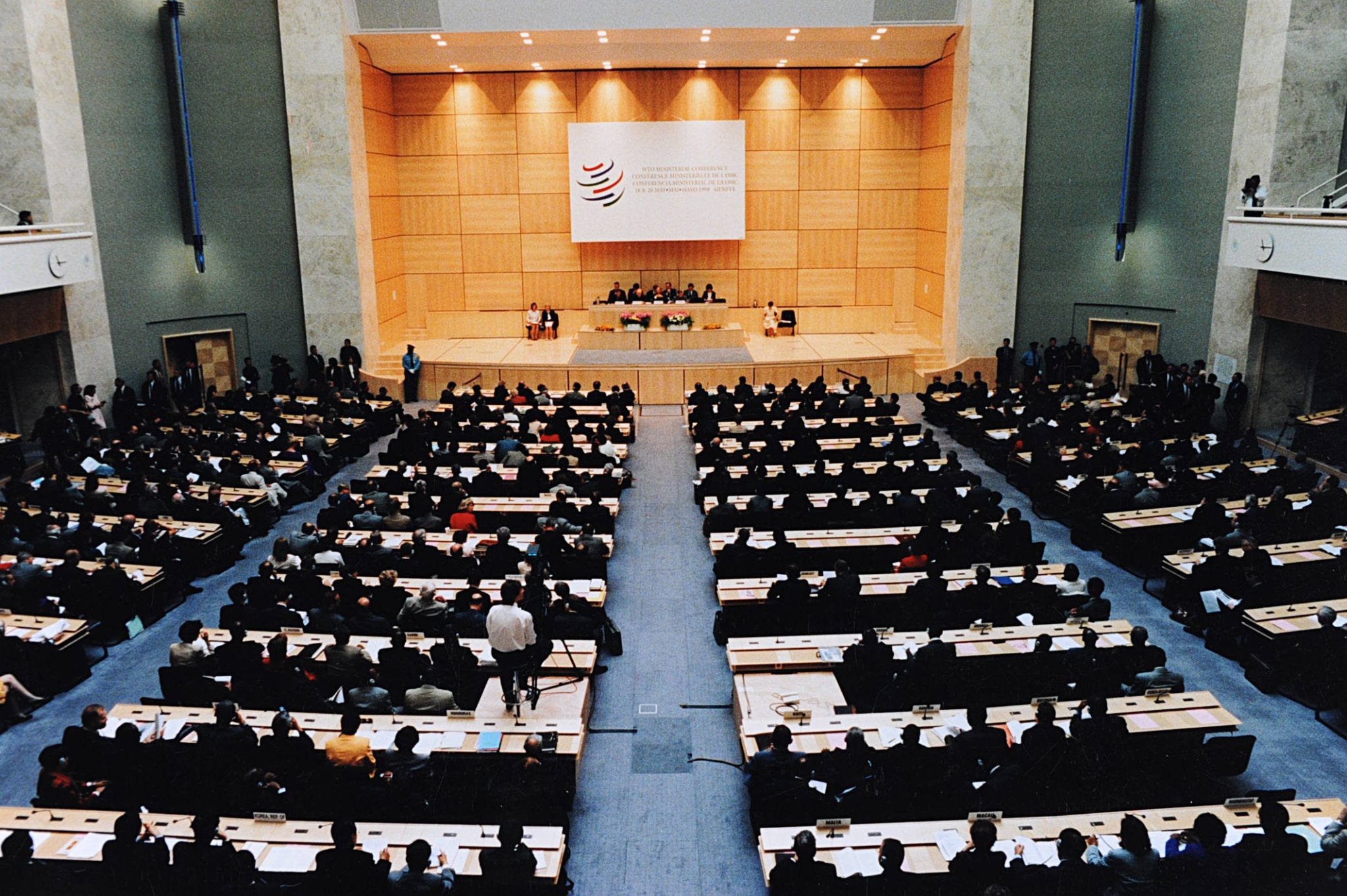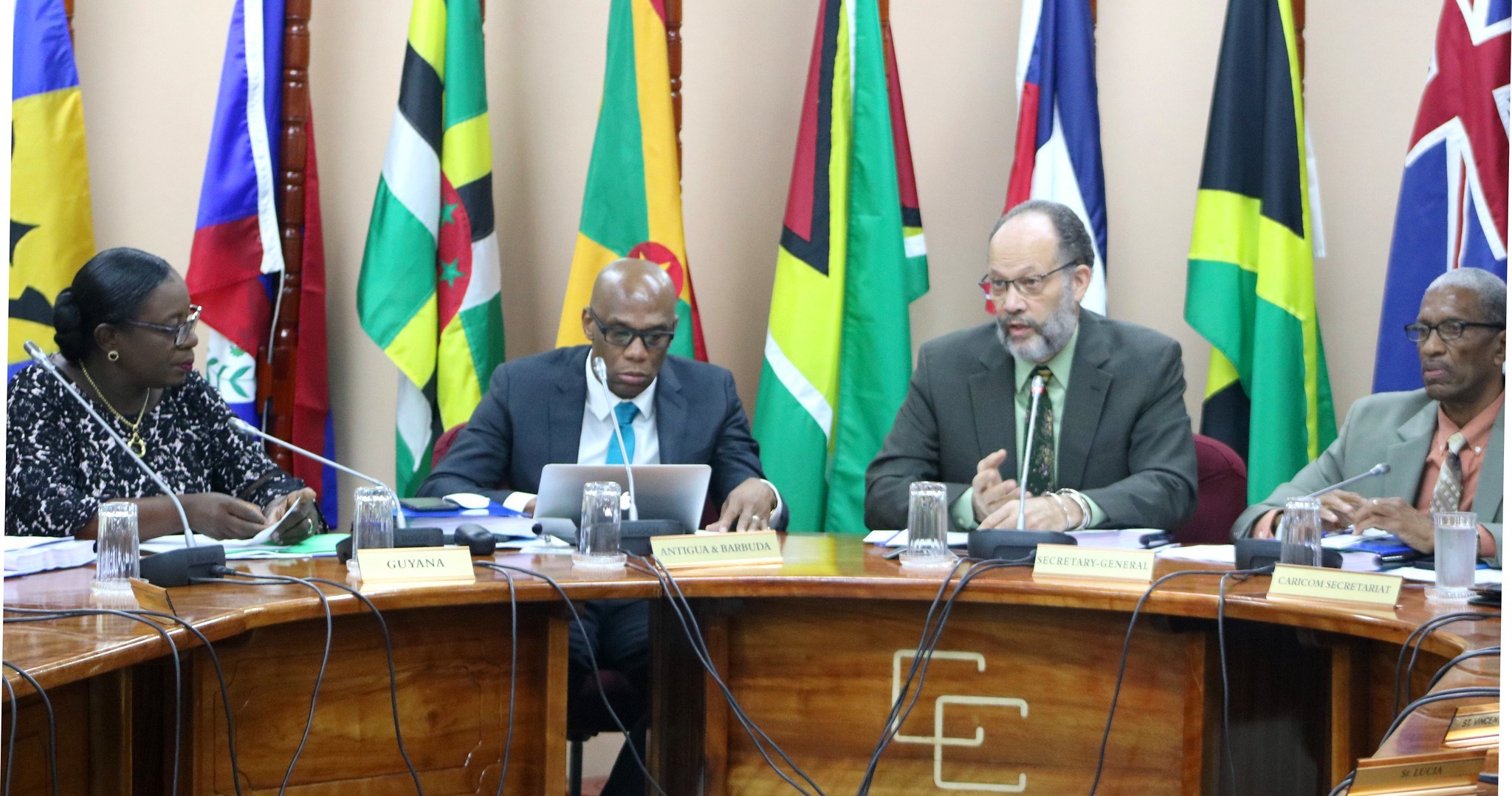
By Elizabeth Morgan
The General Council (GC) of the World Trade Organization (WTO), the highest body outside of the Ministerial Conference, met October 15-16. This was the first opportunity to consider the US Presidential Memorandum on Reforming Developing Country Status in the WTO issued in July. Issues related to WTO reform, development status (access to special and differential treatment (S&DT) provisions, differentiation and graduation) and dispute settlement, among others, continue to unfold with minimal notice in the Caribbean to their importance outside of government circles. There is increasing concern about low growth in CARICOM countries, such as Jamaica. I maintain that not enough attention is being paid to international trade, critical to achieving that growth, and the crisis brewing at the multilateral level.
Between August and September, I wrote a series of articles outlining the WTO development status issues. I ended by looking at the implications for the Caribbean Community (CARICOM) WTO Members. You will recall that WTO developing country Members are currently able to self-select their development status according to the custom existing at the United Nations (UN). The only formal category of UN countries is the Least Developed Countries (LDCs) of which Haiti is the only one in CARICOM and the western hemisphere. All other CARICOM countries have self-selected as developing, but are classified by the World Bank as high and upper middle income countries.
Several CARICOM countries attended the October 10 Commonwealth Trade Ministers Meeting in London. I noted that their Declaration on multilateral trade addressed WTO reform recognizing the importance of the multilateral trading system and the need to urgently address reform considering the views of all Members. The Commonwealth, which has WTO Members but is not a recongnized group in that forum, did not directly address differentiation/graduation.
The debate on the reform issues unfolded in the WTO GC as would be expected. The US Ambassador outlined the Presidential directive emphasizing that it would apply to current and future negotiations. For his administration, WTO negotiations could not…






